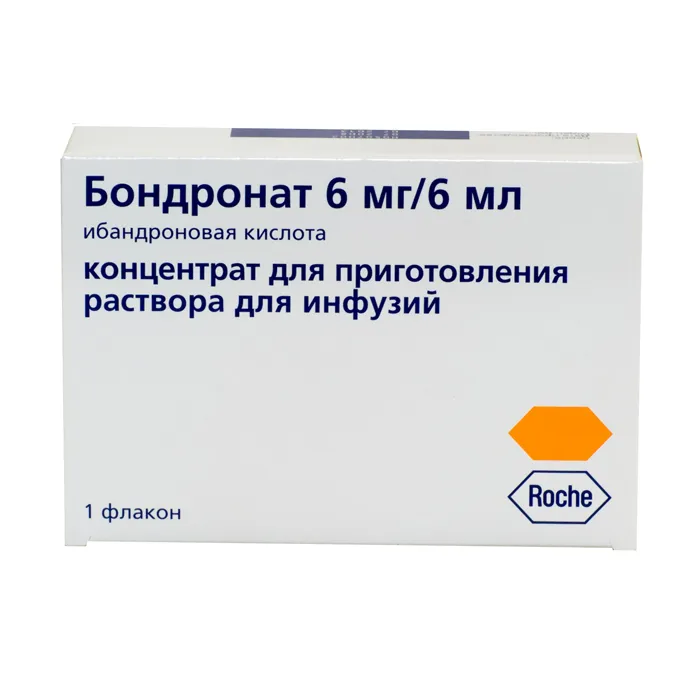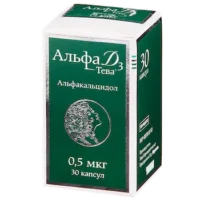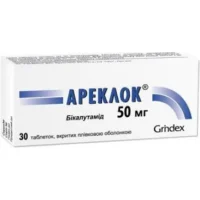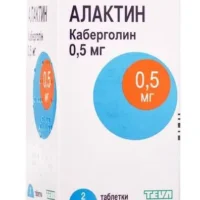Description
Ibandronic Acid Concentrated Solution for Infusions 1 mg/ml. 6 ml. (6 mg.)
Ingredients
Active ingredient: Ibandronic acid. Inactive ingredients may include mannitol, sodium chloride, and water for injection.
Mechanism of Action
Pharmacological Properties: Ibandronic acid belongs to the bisphosphonate class of drugs, which work by inhibiting bone resorption. By binding to hydroxyapatite crystals in bone, ibandronic acid suppresses osteoclast activity, leading to increased bone mineral density and reduced fracture risk.
Indications for Use
Indications: This medication is indicated for the treatment of osteoporosis in postmenopausal women to reduce the risk of vertebral fractures.
Contraindications
Contraindications: Do not use in patients with hypocalcemia. This medication is contraindicated in individuals with a known hypersensitivity to ibandronic acid.
Side Effects
Common side effects may include gastrointestinal disturbances, musculoskeletal pain, and headache. Serious but rare side effects may include osteonecrosis of the jaw and atypical femur fractures.
Usage Instructions
Dosage: The recommended dose is 6 mg administered as a 6 ml intravenous infusion over at least 15 minutes every 3-4 weeks.
Administration: Administer as a slow intravenous infusion over at least 15 minutes. Follow all instructions provided by healthcare professionals.
Benefits Compared to Analogues
Ibandronic acid has shown superior efficacy in reducing the risk of vertebral fractures compared to other bisphosphonates.
Suitable Patient Groups
This medication is suitable for postmenopausal women with osteoporosis. It is not recommended for use in children, pregnant women, or individuals with severe renal impairment.
Storage and Shelf Life
- Storage: Store the solution at controlled room temperature between 20-25°C (68-77°F).
- Shelf Life: Check the expiration date on the packaging. Do not use after the expiration date.
Packaging Description
The product is supplied as a 6 ml concentrated solution for intravenous infusions containing 1 mg/ml of ibandronic acid. Each package contains a single dose for administration.
Clinical Evidence and Proven Effectiveness
Pharmacological Effects: Ibandronic acid has been extensively studied for its efficacy in treating osteoporosis. By inhibiting bone resorption, it helps increase bone mineral density and reduce fracture risk.
Clinical Trials: Clinical studies have demonstrated the efficacy of ibandronic acid in reducing the incidence of vertebral fractures in postmenopausal women with osteoporosis. Research by Black et al. (2007) showed a significant decrease in the risk of new vertebral fractures with ibandronic acid treatment compared to placebo.





